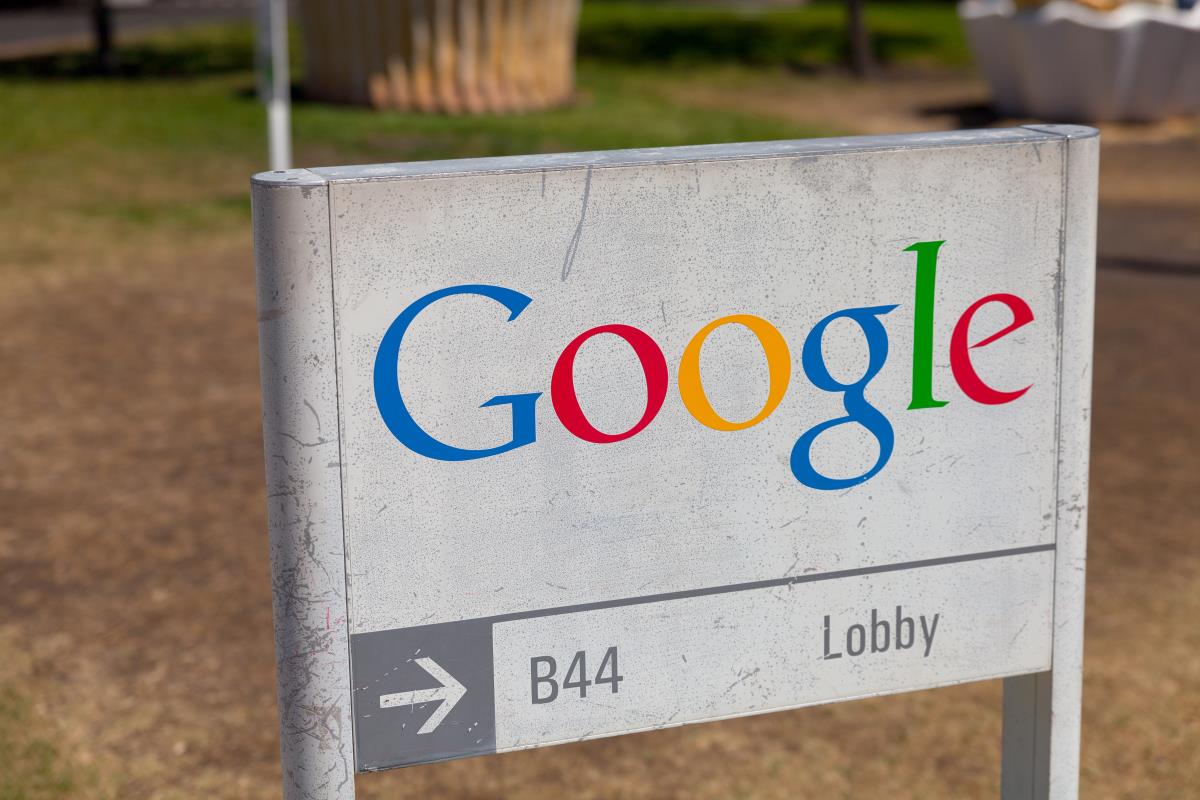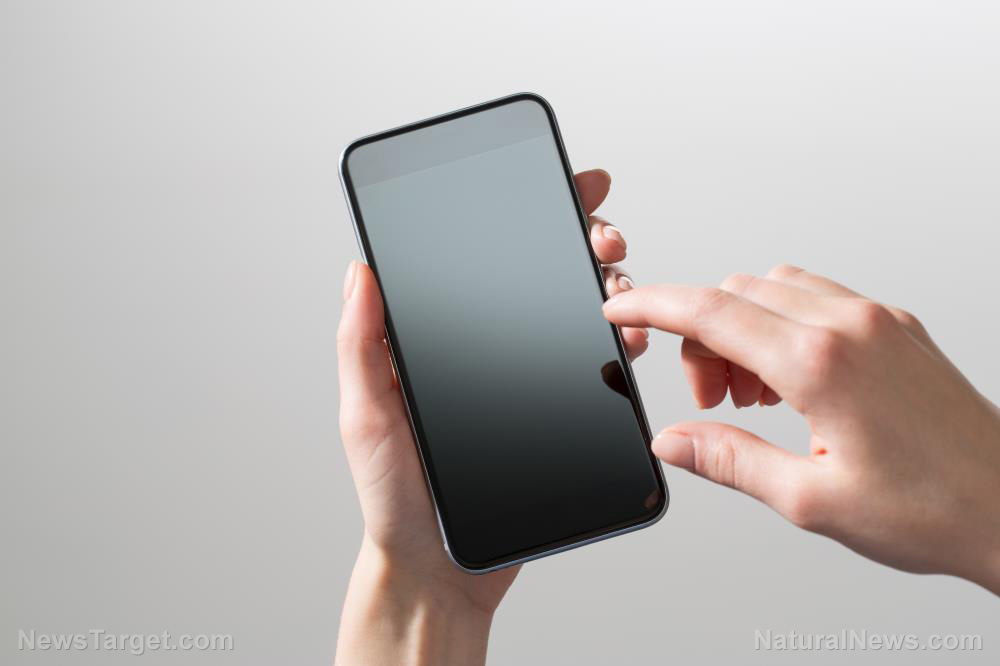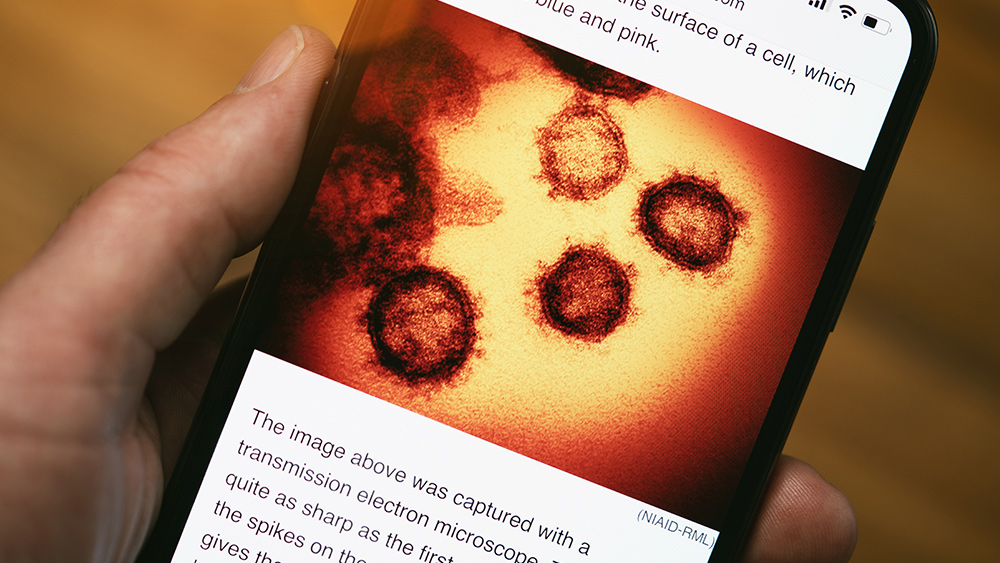
Your phone is actually spying on you. They may not be listening to your conversations, but they are using your device’s microphone to gather information on the ads, TV shows, and movies you watch.
A new report from The New York Times revealed that more than 250 gaming apps use the monitoring software called Alphonso, which gathers information on your TV-viewing habits for advertisers. The software uses the gathered data to determine which ads it should promote to you. It works by using the device’s microphone to identify audio signals in TV ads and shows. In addition, it can match the gathered information with the places people visit and the movies they watch. Then, the information can be used to target ads more accurately and to try to track things, such as which ads influenced a person to buy something. In addition, if the apps are running in the background, the software can detect sounds even when a phone is placed inside a pocket.
“A lot of the folks will go and turn off their phone, but a small portion of people don't and put it in their pocket,” Ashish Chordia, the company's chief executive, told The New York Times. “In those cases, we are able to pick up in a small sample who is watching the show or the movie.”
However, according to the company, its software does not record human conversation and people have the freedom to stop its tracking service whenever they want to.
The gaming apps are available in the Google Play store, while some are also available in Apple's app store. The “TV viewership detail” tracking of the software and the software use policies are disclosed by some apps under the “read more” button in the app descriptions. Moreover, Google and Apple ask permission from users to use a device's microphone or access location, yet a lot of users tend to ignore these disclosures. (Related: iPhone, Android devices totally defeated by CIA “zero day” exploits… massive collection of CIA spyware revealed in secret document dump)
Furthermore, Chordia said that their company provides instructions on their website on how to opt out of the software, and that their disclosures follow the guidelines provided by the Federal Trade Commission. He also claimed that their company does not agree with its software being used in apps geared towards children. However, it was found that the software was linked to children's apps, such as Zap Balloons and Teeth Fixed.
“We have to be really careful as we have more devices capturing more information in living rooms and bedrooms and on the street and in other people's homes that the public is not blindsided and surprised by things,” Dave Morgan, founder and CEO of Simulmedia, told The New York Times.
Your smart TV may be watching you
This is not the first time that a company has been found out to be spying on users. In February 2016, Vizio, a smart TV company, was found to be tracking its users' TV viewing habits without their permission, according to an article published by The Telegraph.
Vizio used the tracking technology called automated content recognition, which can identify what users watch on the television any time. The company started using the tracking software in its products in 2014 and sold their users' viewing histories, which included their IP addresses, to advertisers and others who matched the address with an individual user or household. The company collected over 100 billion data points a day from millions of TVs.
Vizio was fined $2.2 million and was ordered to delete all gathered data before March 2016.
Find out more stories on what or who are spying on you at Surveillance.news.
Sources include:
Please contact us for more information.





















